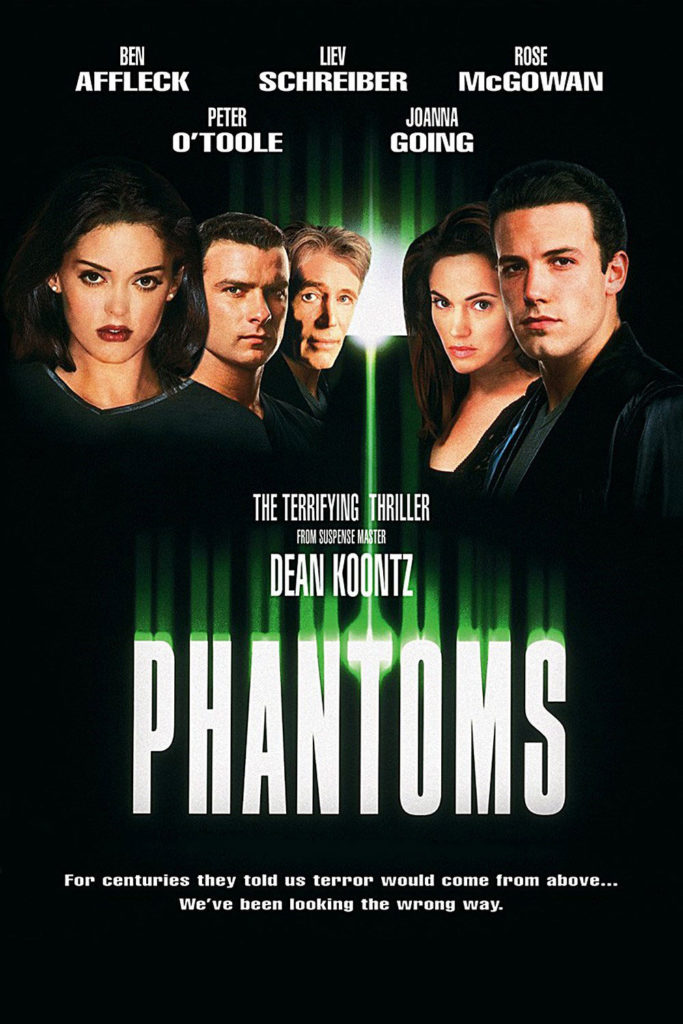 Peter O’Toole was one of the greatest actors who ever lived, perhaps. He was classically trained and made a name for himself on the English stage. He was nominated for Oscars for his performances eight times, yet never won. One of his roles, that of T.E. Lawrence in the epic Lawrence of Arabia, will survive for hundreds of years, at least. By the latter stages of his career, grand roles evaporated, and he was stuck, for the most part, in roles that provided a payday, yet little glory.
Peter O’Toole was one of the greatest actors who ever lived, perhaps. He was classically trained and made a name for himself on the English stage. He was nominated for Oscars for his performances eight times, yet never won. One of his roles, that of T.E. Lawrence in the epic Lawrence of Arabia, will survive for hundreds of years, at least. By the latter stages of his career, grand roles evaporated, and he was stuck, for the most part, in roles that provided a payday, yet little glory.
O’Toole was in his mid-60s when he filmed Phantoms, the cheap horror film from 1998 directed by Joe Chappelle and penned by Dean Koontz, adapting one of his own novels. But he looked older, his once hard-drinking lifestyle having taken its toll. Phantoms may have just been a paycheck for O’Toole, but if he mailed it in, I couldn’t tell. We’ve all seen aging stars blow in and out of a movie like a hurricane of contempt, gracing the production with their talented, god-like presences, but O’Toole let none such pretense leech into the performance itself. His natural snobbishness was apparent, but he was a pro. For that, I thank him.
As for the rest of the film...yikes.
Phantoms takes place in the fictional town of Snowfield, Colorado. A pair of sisters, Jenny and Lisa (Joanna Going and Rose McGowan), arrive in the town to find it deserted. It appears that every person in the town just up and disappeared, leaving food on the table, cars running in the streets, etc. There are a couple folks to be found, but they’re all dead. After some loud and annoying jump scares, the film threatens to bog down, as the two damsels make zero headway towards progressing the plot. Never fear, though, because the men soon arrive. The county sheriff and a pair of deputies (Ben Affleck, Live Schreiber, and Nicky Katt) show up. After a little more mystery and death, some mysterious writing is found on a bathroom mirror, pointing towards someone named Timothy Flyte. Flyte (O’Toole), as it turns out, is an expert in mass disappearances. There are many instances throughout history where whole towns and communities suddenly vanished, and Flyte believes the cause is a life form that exists beyond human time scales.
Some machinations here and there lead to Flyte being taken to the town by some army and scientist types, and it is then, finally, that this film begins to move. Before Flyte and his team of redshirts show up, the film was being carried by an open-mouthed McGowan, doing her best to look both scared and petulant. It just wasn’t working. That’s quite a feat, considering Liev Schreiber was there, a man who, for his stage performance in Talk Radio a few years later, was called America’s greatest living stage actor by the New York Times. And Ben Affleck was there, as well, before he was able to adorn a shelf with his Oscars.
Unintentionally, the filmmakers assembled quite a cast, and did little with it. Schreiber played a deputy, who also happened to be a would-be rapist, and my Loyal Seven know how I feel about that character trope. Affleck was merely weak, his character about as well thought out as a grilled cheese sandwich. His character has a significant amount of backstory, and it’s all dumb. He’s a Harvard grad, and a former FBI agent, who quit the agency after shooting an unarmed child. Now he’s a small town sheriff looking for personal redemption. I expect a fair amount of cliché in a film like this, but come on.
It turns out Flyte was correct about why the townsfolk all disappeared. Lurking underground is a creature that surfaces to feed every few centuries. This time, Snowfield happened to be the spot. The creature is primeval, but in consuming its prey, it also consumes their essence. It absorbs their memories and experiences. In so doing, it absorbed the preconceptions and fears of its victims. It ate people who tried to make sense of the events they were witnessing, some applying supernatural origins. Because of this, the creature comes to believe that it is more than mere animal. It believes it is the devil, and begins to behave accordingly. It’s actually a really neat idea. This mindless thing became sentient through us. It got delusions of grandeur through us. That makes it more dangerous, but also more vulnerable, leading to the film’s denouement. Why I think this works better than Roger Corman’s similarly empowered giant crabs, I’ll never tell.
Phantoms isn’t all that good of a horror movie, but it does much better in its second half than in its first. What it lacks in originality, it makes up in being a bit of a film relic. We have an aging professional in O’Toole, and a couple of other actors who were on the cusp of bigger and better things. Still, this one is for horror fans only.
